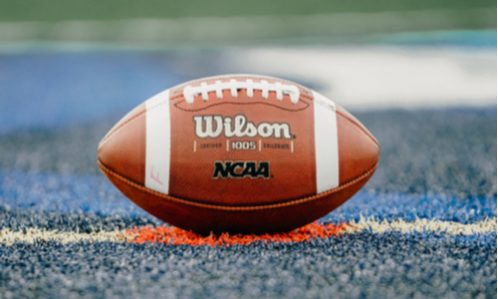As the annual US ritual of the “March Madness” college basketball tournament unfolds, the Supreme Court is poised to hear the National Collegiate Athletic Association’s (NCAA) bid to preserve its limits on education-related compensation for student-athletes, reported Reuters.
The justices next week are set to hear oral arguments in an appeal by the NCAA, the major governing body for US intercollegiate sports, of a lower court decision last year that deemed the organization’s rules anticompetitive under a federal law called the Sherman Antitrust Act.
Although the case does not involve direct payments to athletes, the broader question of player compensation has increasingly become a point of contention. College sports rake in billions of dollars in revenue, but players remain tied to what critics call a fiction of amateurism.
During the current March Madness tournament, some players have protested on social media using the #NotNCAAProperty hashtag. Much of the focus is on a push to allow student-athletes to earn money from their name, image and likeness rights.
The case before the Supreme Court concerns non-cash payments related to education, including benefits such as computers, science equipment and musical instruments.
The San Francisco-based 9th US Circuit Court of Appeals last year rejected the NCAA’s argument that its limits on education-related compensation were needed to preserve the amateur character of college sports, and thus competition in the market between amateur and professional sports. The 9th Circuit did find that the NCAA could limit non-education-related compensation.
Want more news? Subscribe to CPI’s free daily newsletter for more headlines and updates on antitrust developments around the world.

